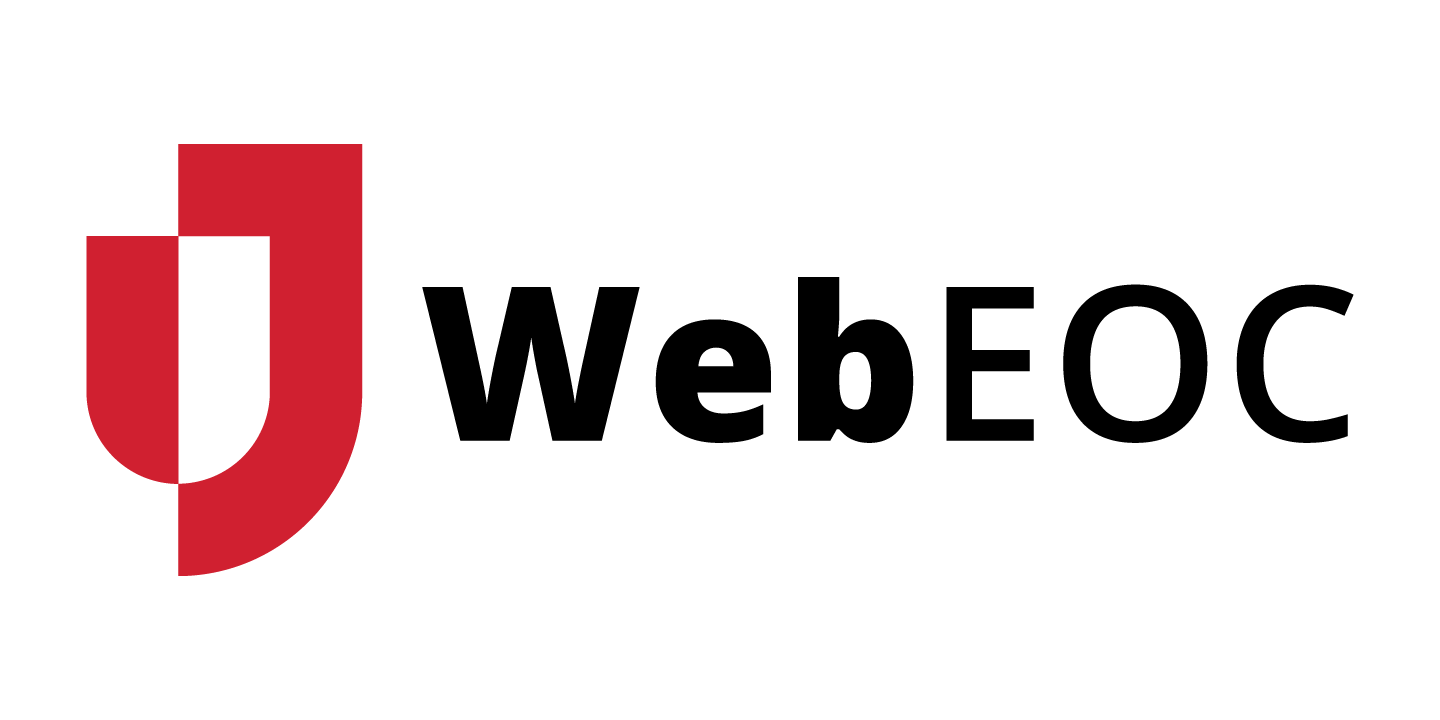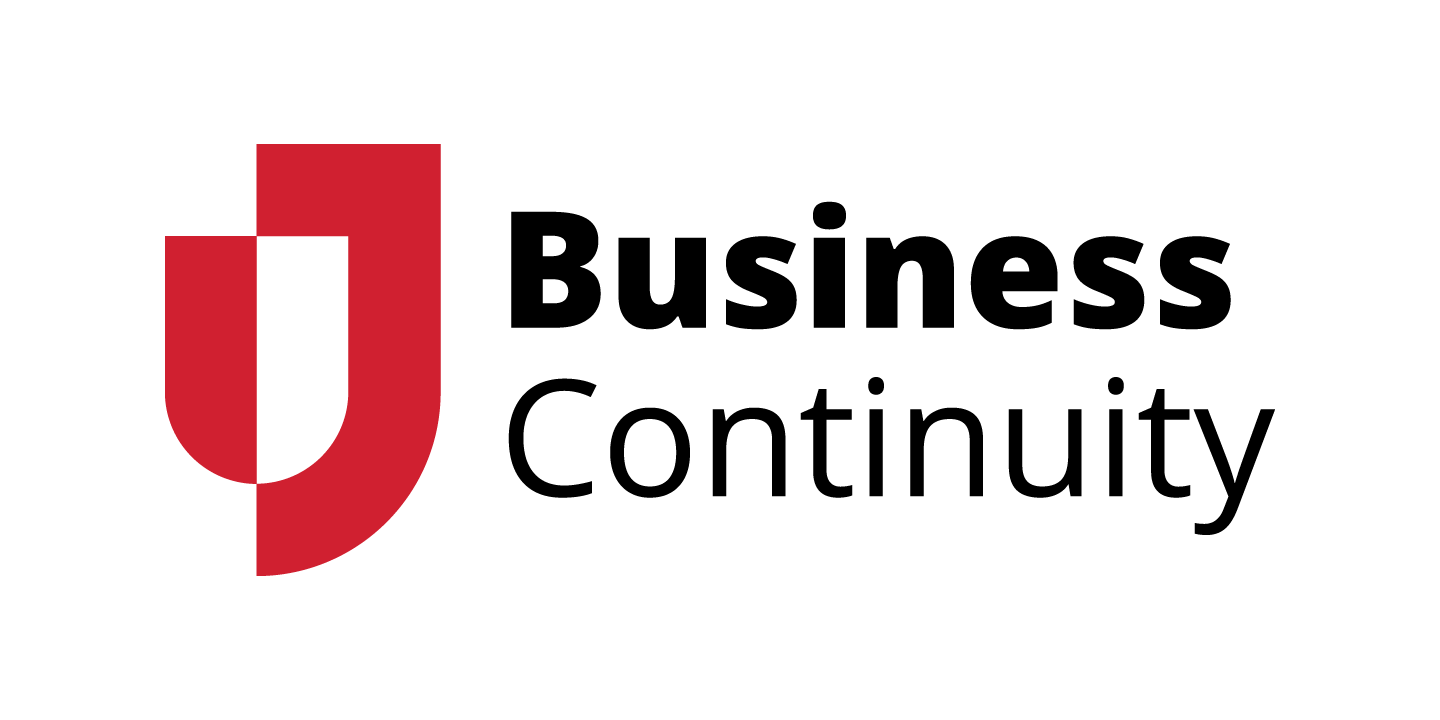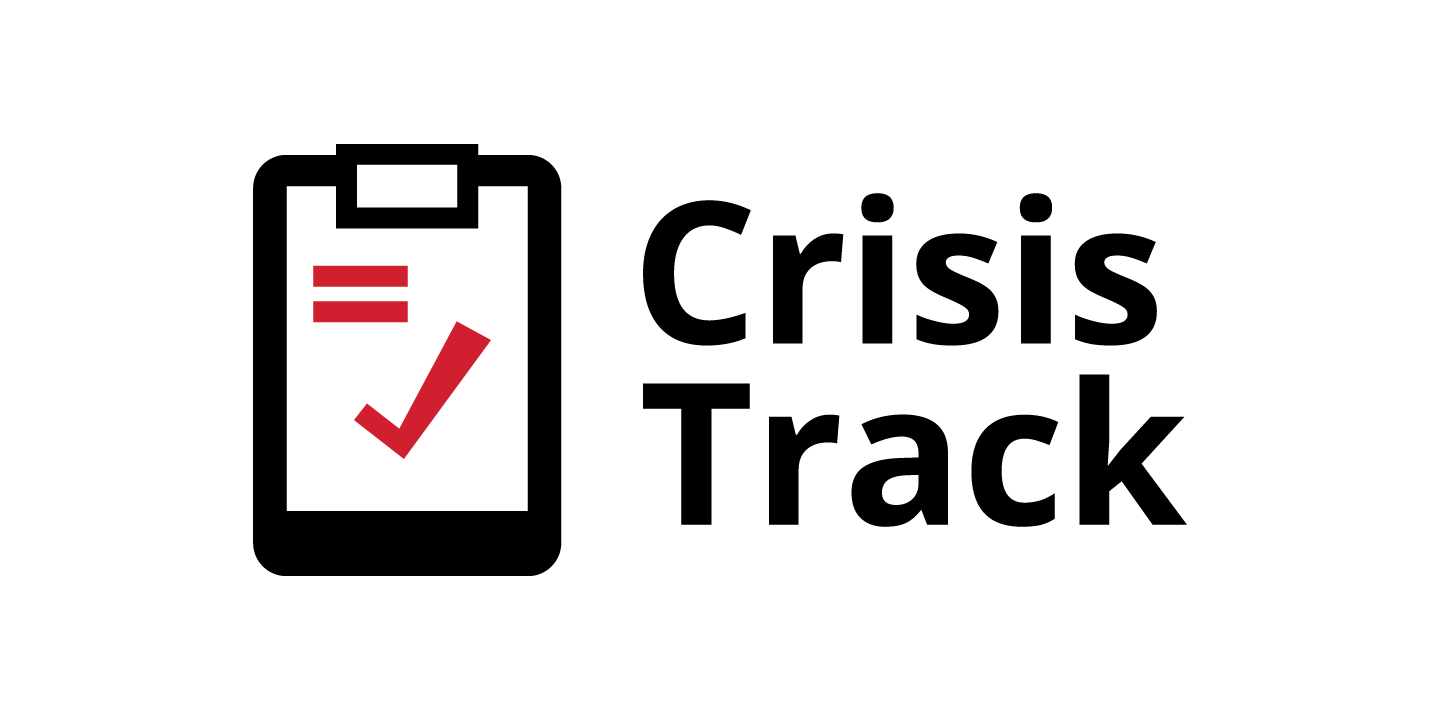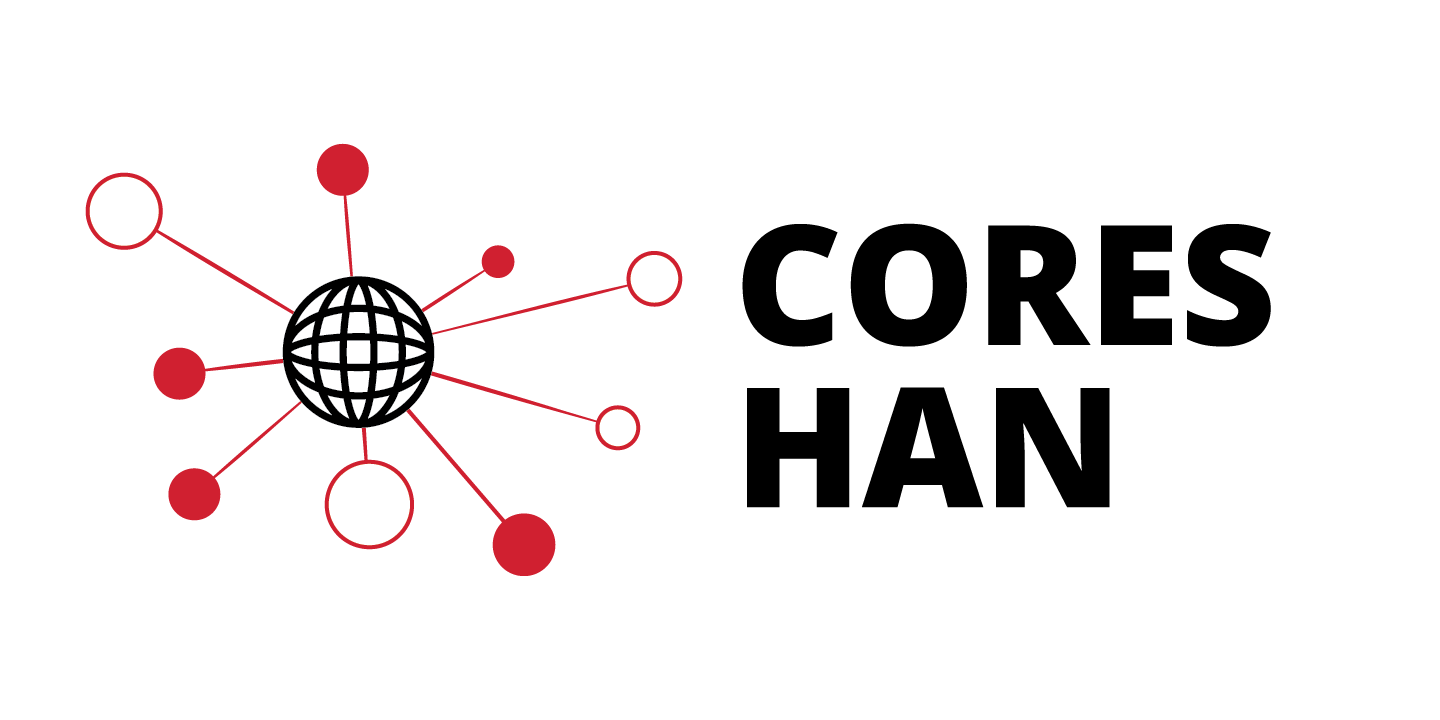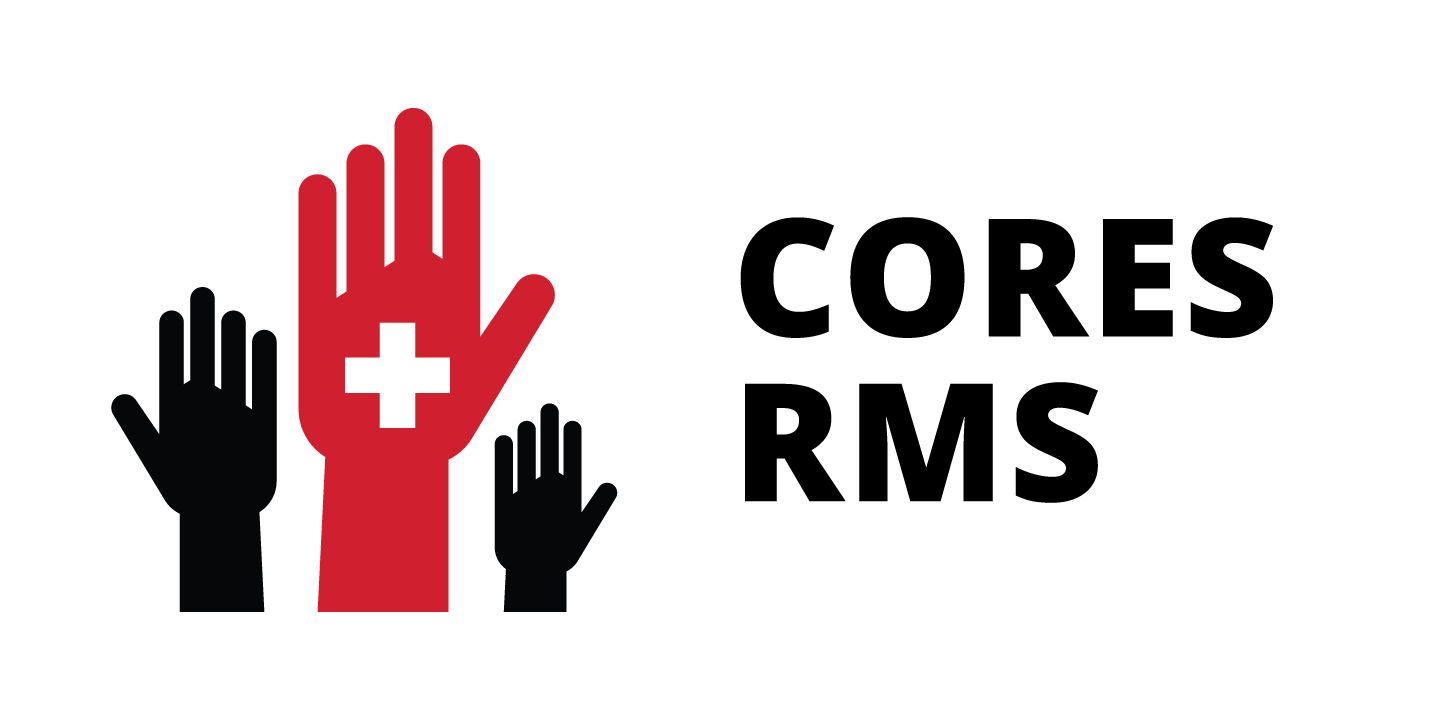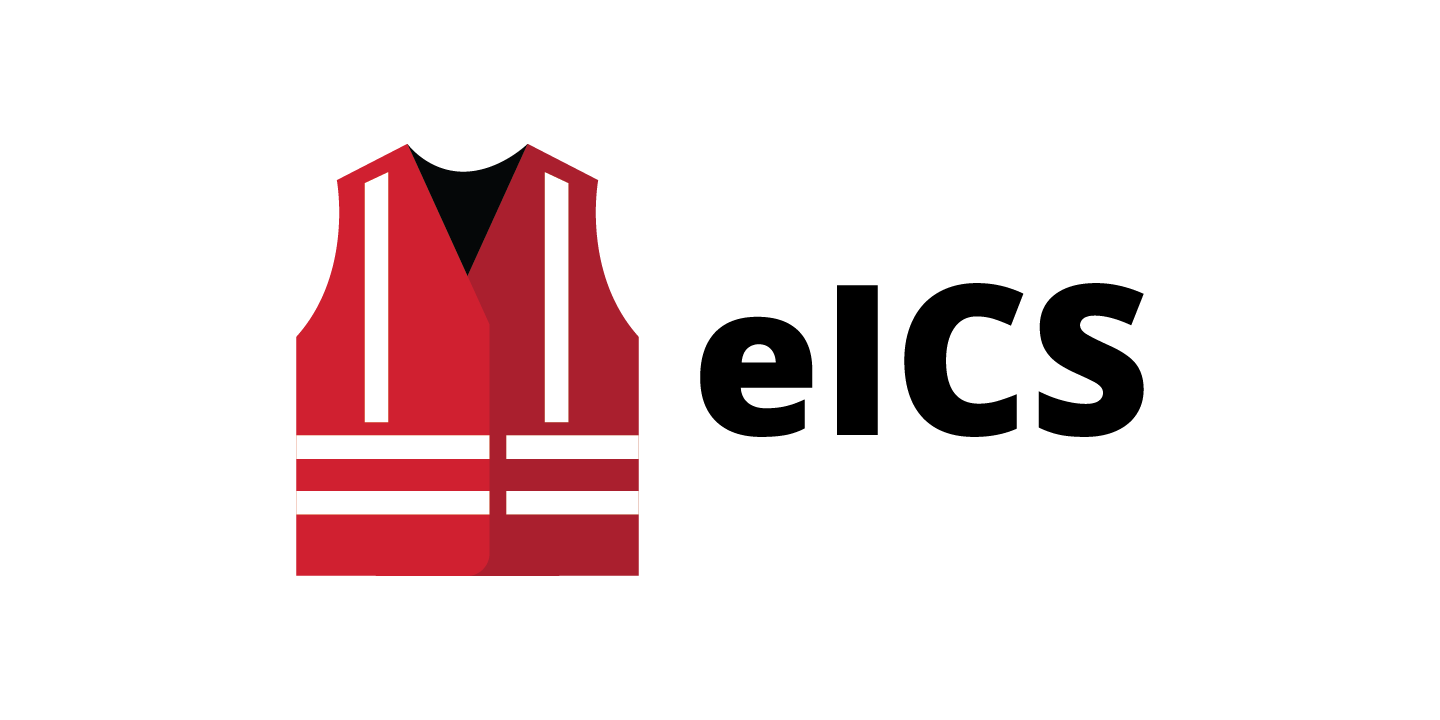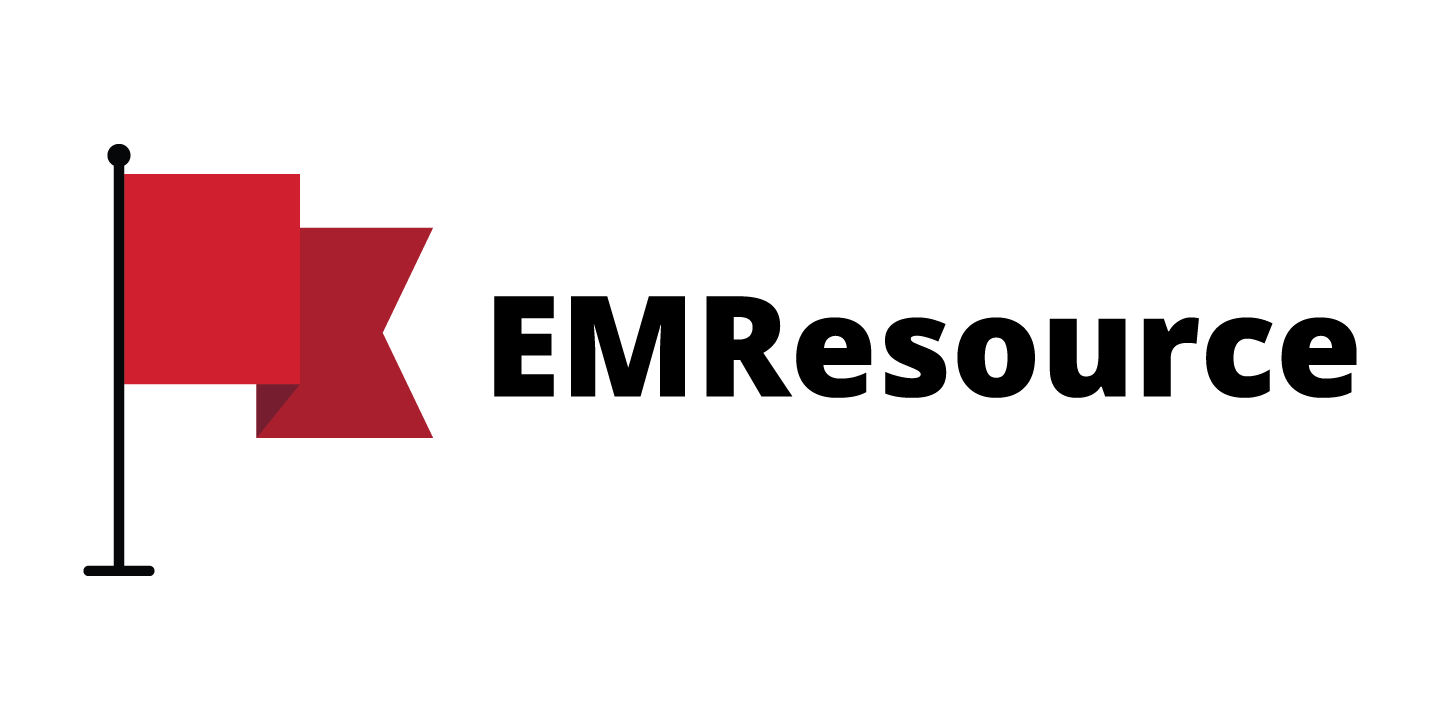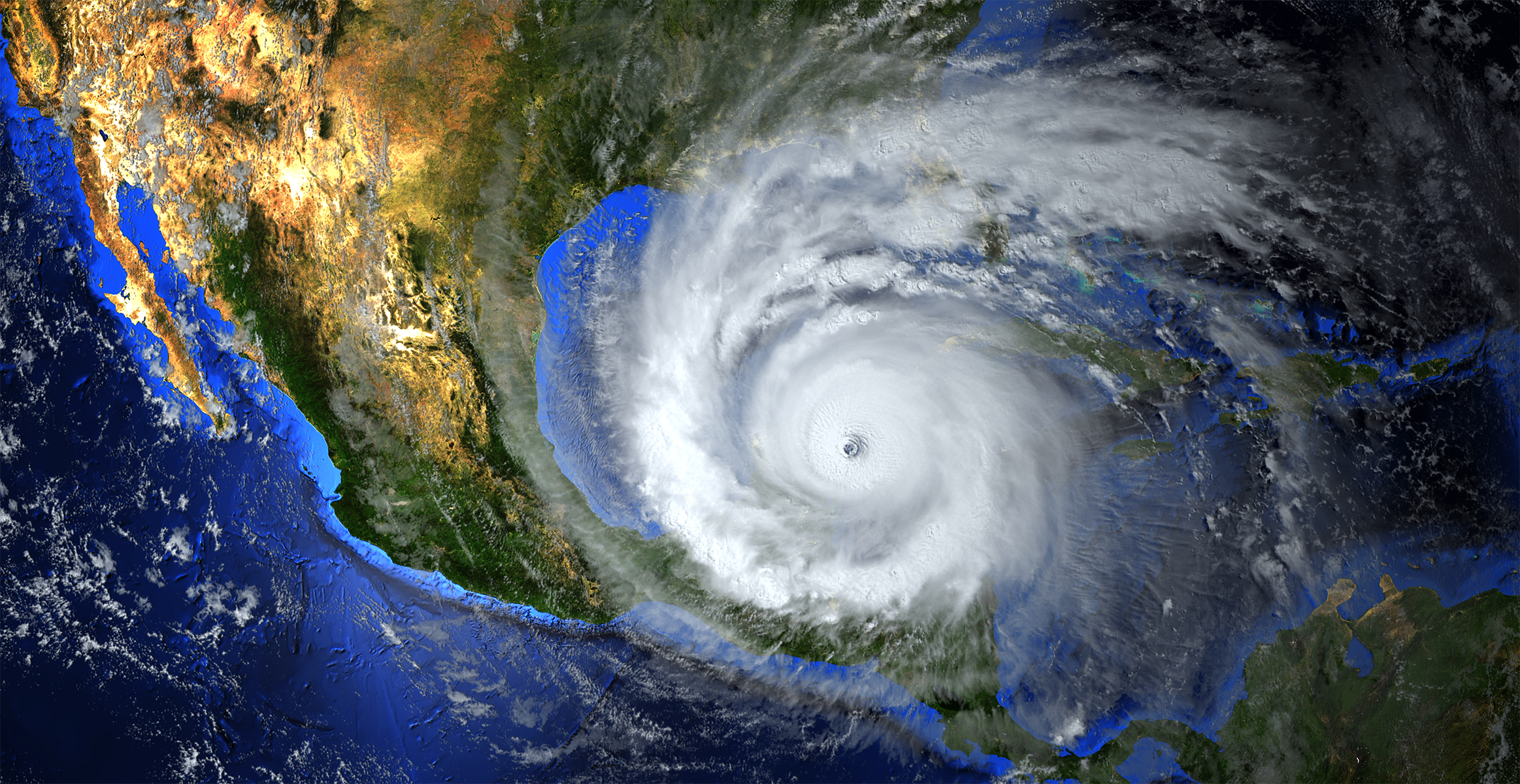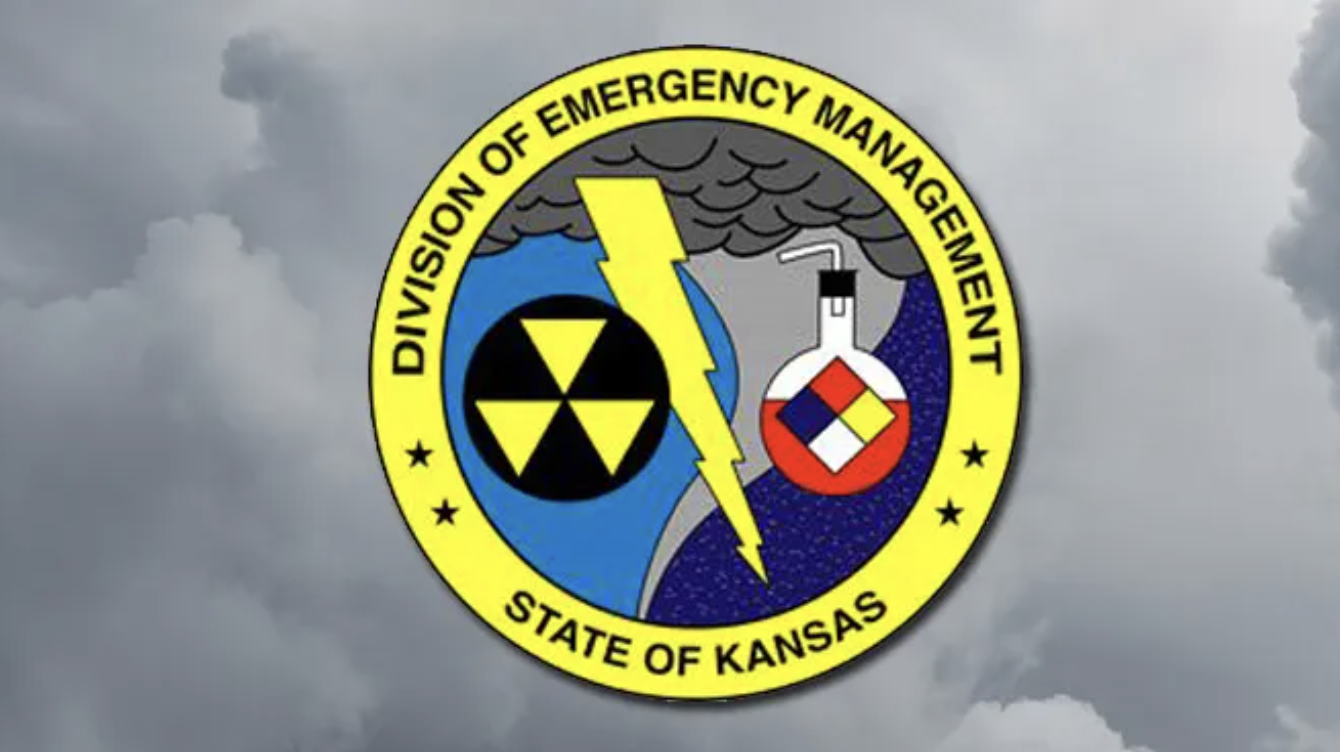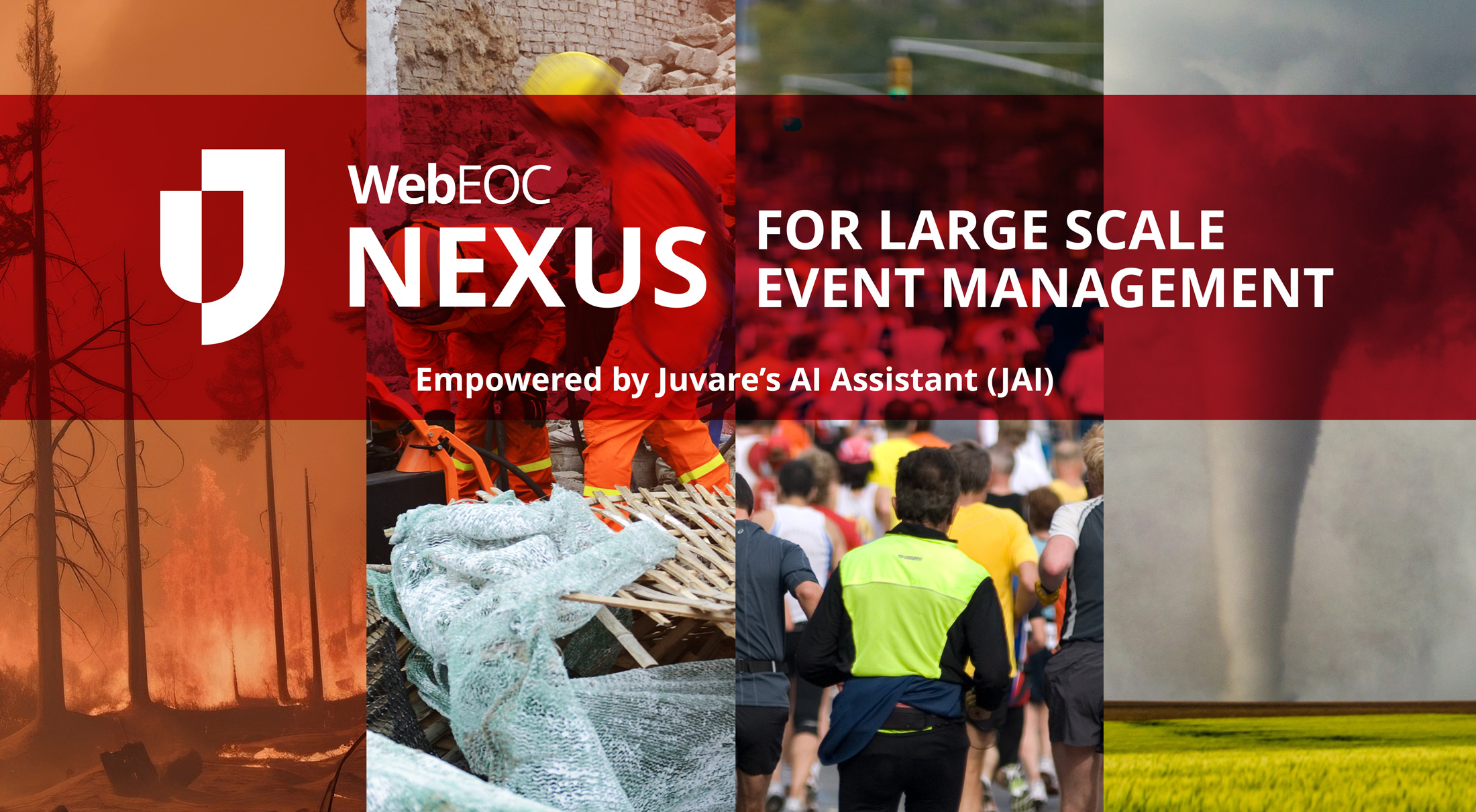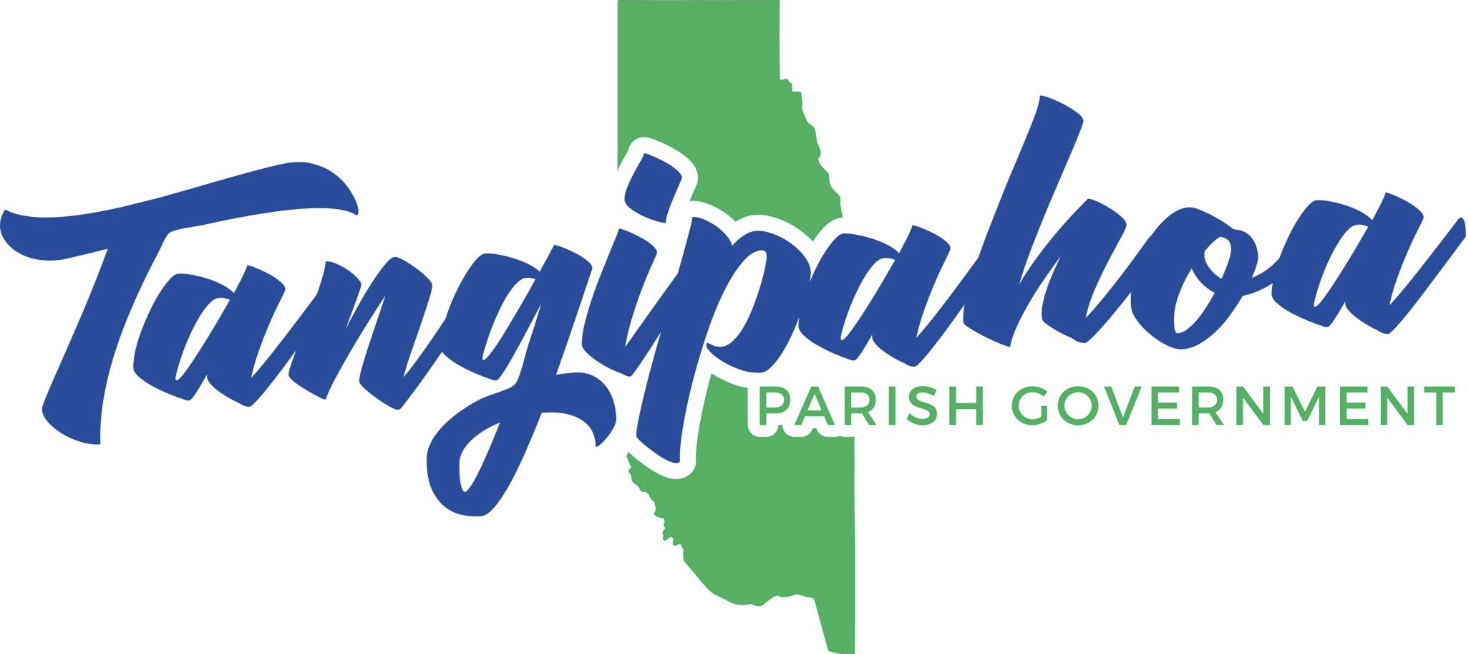What are some of the substantial pain points healthcare institutions deal with when it comes to emergency management and preparedness?
Meeting accreditation and other regulatory standards is one of several significant burdens they face, according to Max Wippich, director of Client Experience, Public Health & Healthcare at Juvare.
Consider these statistics, from a 2017 report** by the American Hospital Association:
- The healthcare industry spends $39 billion a year on administrative components related to regulatory compliance
- The total cost of healthcare regulatory compliance for an average size hospital is around $47,000 per bed, or $1,200 per patient
- An average size hospital dedicates 59 FTEs to compliance, more than a quarter of which are doctors and nurses
In this edition of the Guru Minute video, Wippich discusses how Juvare’s technology solutions can help alleviate some of these burdens while enhancing emergency preparedness and situational awareness.
“Meeting accreditation and other standards is a huge burden on healthcare. They’re constantly changing. They’re on recurring survey cycles,” Wippich said.
With accreditation and regulatory standards constantly growing and changing, any way you can streamline compliance is a win for patient care.
“There’s two pain points I see in healthcare emergency management and preparedness,” he added. “One is just how prevalent paper and manual workflows are, and how difficult it is to manage those on an ongoing basis. A lot of paper processes exist in the survey and accreditation process.”
“The second is staff turnover. It’s very difficult for healthcare organizations to keep colleagues and staff trained to an adequate level of proficiency to actually be able to facilitate response to a disaster if one occurs.”
Literally tens of thousands of organizations use Juvare healthcare solutions such as EMResource, EMTrack, eICS, WebEOC, and Juvare Exchange not only to facilitate compliance, but also to improve healthcare resiliency and efficiency, and facilitate informed decision making during a crisis.
Wippich says he is excited about how Juvare Exchange, the first-of-its-kind collaborative crisis management network, creates new opportunities for healthcare “to knit together the wide variety of stakeholders, members and constituents that have a role to play in a health and medical response in a disaster.”
**American Hospital Association (AHA), Regulatory Overload: Assessing the Regulatory Burden on Health Systems, Hospitals, and Post-Acute Care Providers. 2017.
*****
The Guru Minute video series is inspired by one of the most popular features of Juvare’s annual Exchange conference – the “Guru Lounge” – where participants have the opportunity to meet one-on-one with Juvare’s solutions experts and gain specific knowledge about emergency and critical incident management technology.
